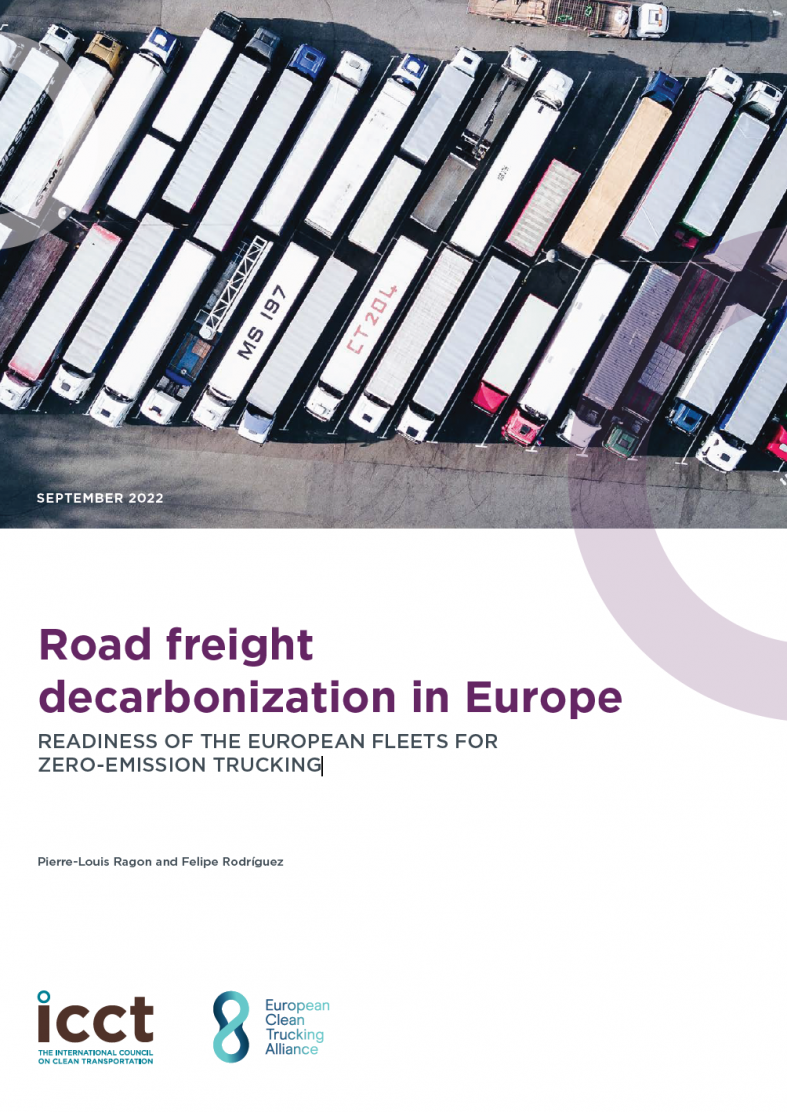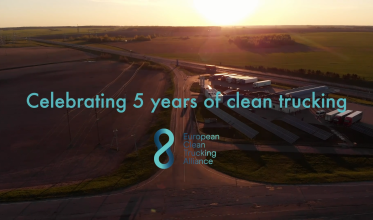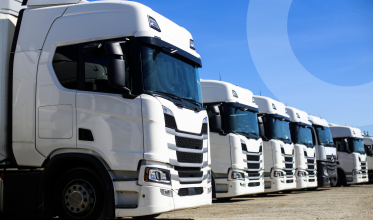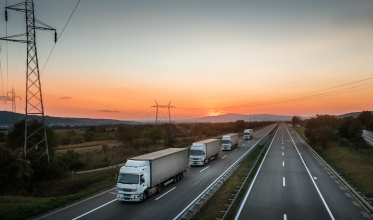Despite the growing momentum around zero-emission trucks, their widespread adoption is not yet a reality. Electric and hydrogen trucks represented 0.5% of the registrations of new medium- and heavy-duty commercial vehicles in 2021, mostly thanks to urban delivery vans and buses. For heavier regional and long-haul trucks, this number only reached 0.2%.
To uncover the reasons behind it, the International Council on Clean Transportation consulted with Members of the European Clean Trucking Alliance. The results of these consultations are published under this new joint study which provides an insight into the road freight industry’s readiness to transition to zero-emission freight vehicles and its perceived barriers to the transition.
It emerges that a number of perceived barriers are preventing the industry to switch to zero-emission vehicles. These include concerns about model availability and technical, financial, and operational impediments.
The International Council on Clean Transportation recommends possible ways of accelerating the deployment of zero-emission trucks:
- Continue to build knowledge on zero-emission trucking technology
- Increase access to charging and refueling infrastructure
- Increase vehicle supply and model diversity through binding CO2 regulation
- Support diverse business models to help overcome the financial challenges associated with zero-emission trucking
- Facilitate the access of small fleets to the zero-emission truck market
- Develop best practices through enhanced collaboration between stakeholders





